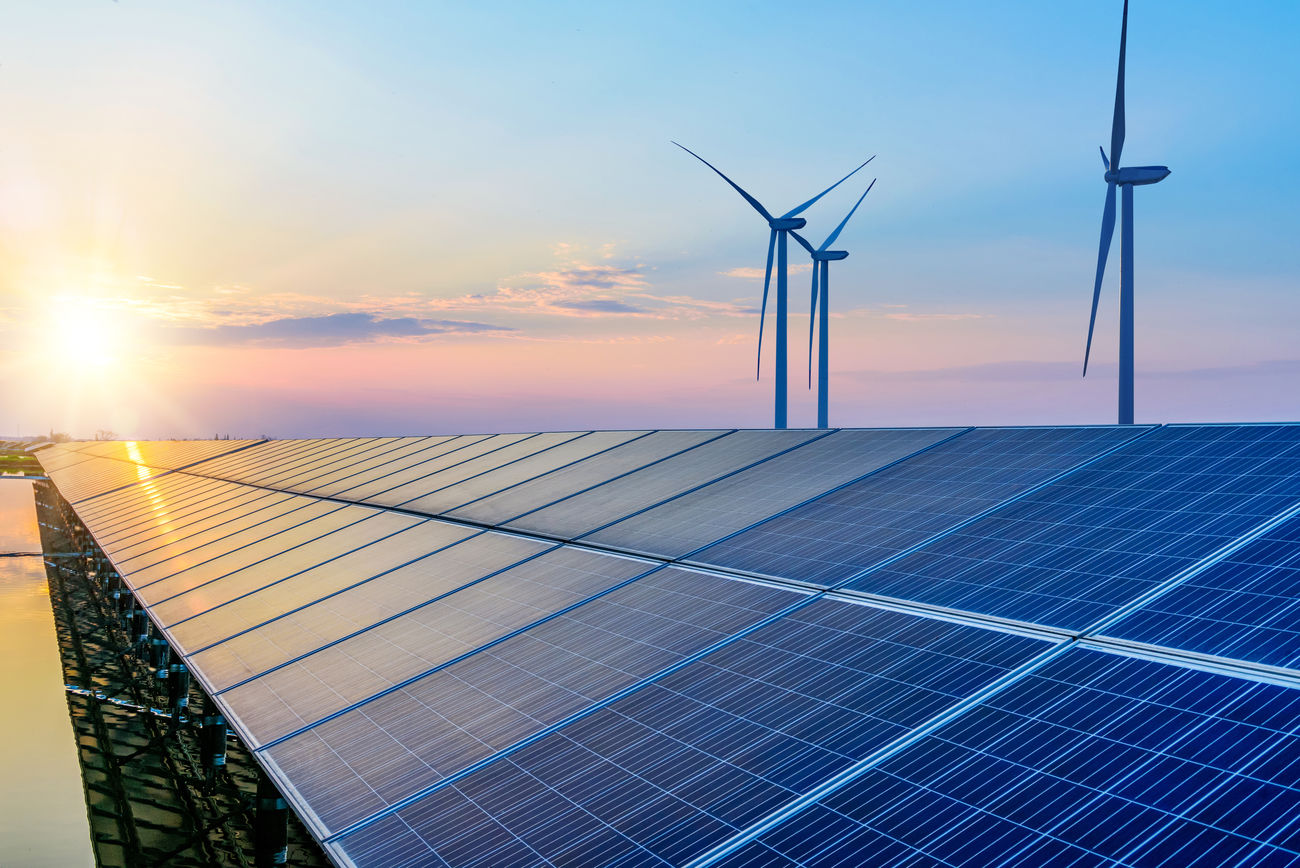Spanish companies as leading European partners for international infrastructure investors


In recent years, renewable energy has experienced significant growth worldwide. This is largely due to a combination of factors:

As global energy demand continues to grow, and the installed capacity of renewable energy increases, governments around the world are committing to the reduction of their carbon footprint and transitioning to clean energy sources. In this context, Spain, a pioneer in the European solar and wind industries and currently the second-largest generator of renewable power in Europe, is positioned as an attractive country for investors due to:
In fact, the country climbed to the eighth most attractive renewable energy market according to the Renewable Energy Country Attractiveness Index (RECAI) elaborated by EY in 2022. However, the country still has significant challenges ahead that must be mitigated such as faster permitting processes and a clearer market outlook. This will reduce delays and fulfil renewable energy goals that will allow the country to reduce dependence on foreign energy, in the context of rising geopolitical tensions and economic uncertainty.
Being a pioneer over the past 10 years has allowed for the development and consolidation of a wide corporate fabric in Spain with outstanding technological and industrial capabilities. This has led to a large high-quality business ecosystem with vast proven experience in the development, financing, construction, operation, and management of renewable energy projects. That environment has enabled not only the well-known large-cap companies (e.g. Iberdrola, Siemens Gamesa, Acciona Energía), but also the mid and small-cap companies (e.g. Grenergy, Soltec, Dominion Energy, Valfortec) to establish themselves in potential growth regions in the coming years, such as USA, United Kingdom, Japan, Italy or Spain. Indeed, the traditional local Spanish pure developer or industrial companies are switching to a more value added vertical integrated business model, becoming leading Independent Power Producers (IPP) in the renewable energy sector with high-quality asset portfolios worldwide.
In this scenario, numerous well-known investors have coinvested through partnerships (joint investment structures) in the last few years with Spanish local players with a proven track-record, who can develop, construct, and operate assets worldwide. In that sense, there is a big shift in infrastructure funds and asset management companies toward renewables. Spanish companies have integrated through joint ventures with international investors more, in the last three years, than their European peers, accounting for up to 20% of total joint ventures, far surpassing Italian and French local companies, which make up 11% and 7%, respectively. Some recent relevant examples in Spain are:
In the coming years, more corporate deals are expected to follow, as:
Diese Veröffentlichung wurde von Mirabaud erstellt. Sie ist nicht zur Verteilung, Verbreitung, Veröffentlichung oder Nutzung in einer Gerichtsbarkeit bestimmt, in der eine solche Verteilung, Verbreitung, Veröffentlichung oder Nutzung untersagt wäre. Sie ist nicht für Personen oder Unternehmen bestimmt, an die die Übersendung dieser Veröffentlichung rechtswidrig wäre.
Mehr lesen
Weiter zu
